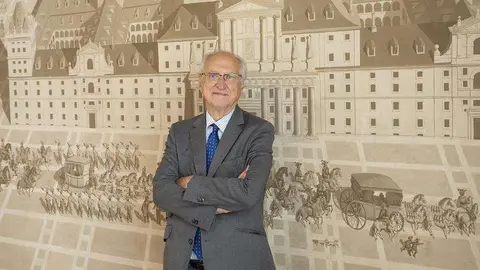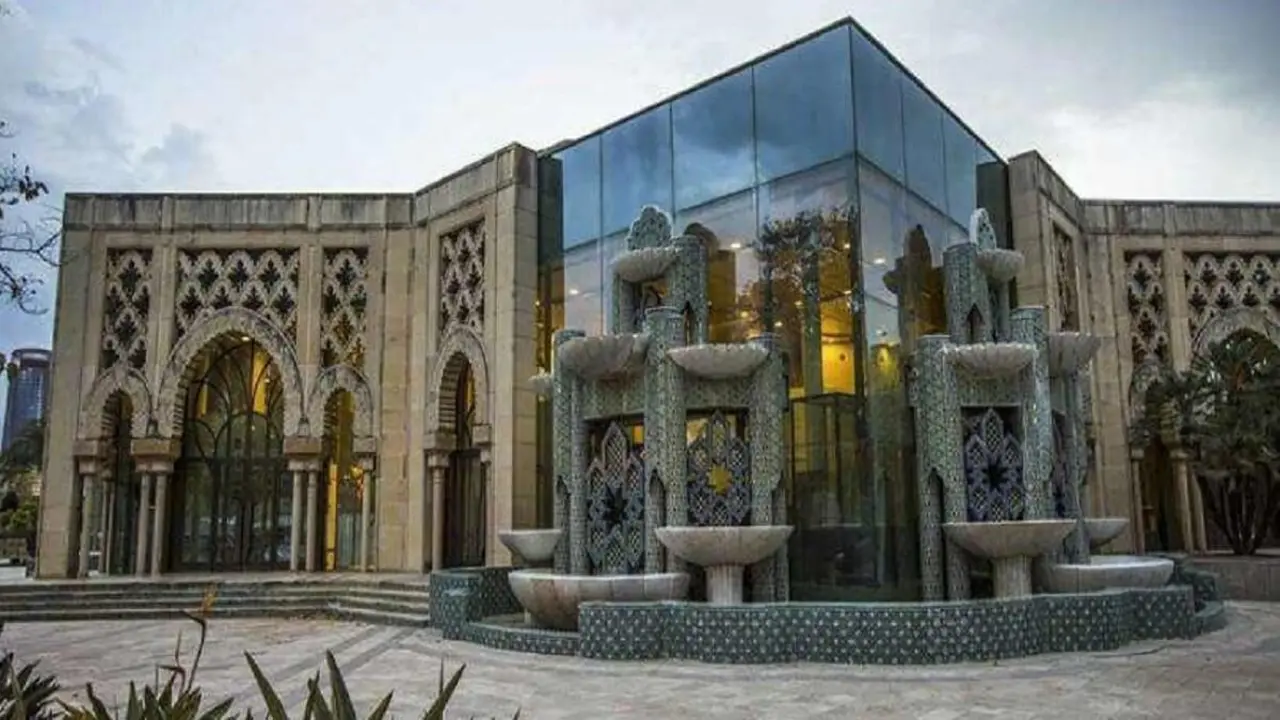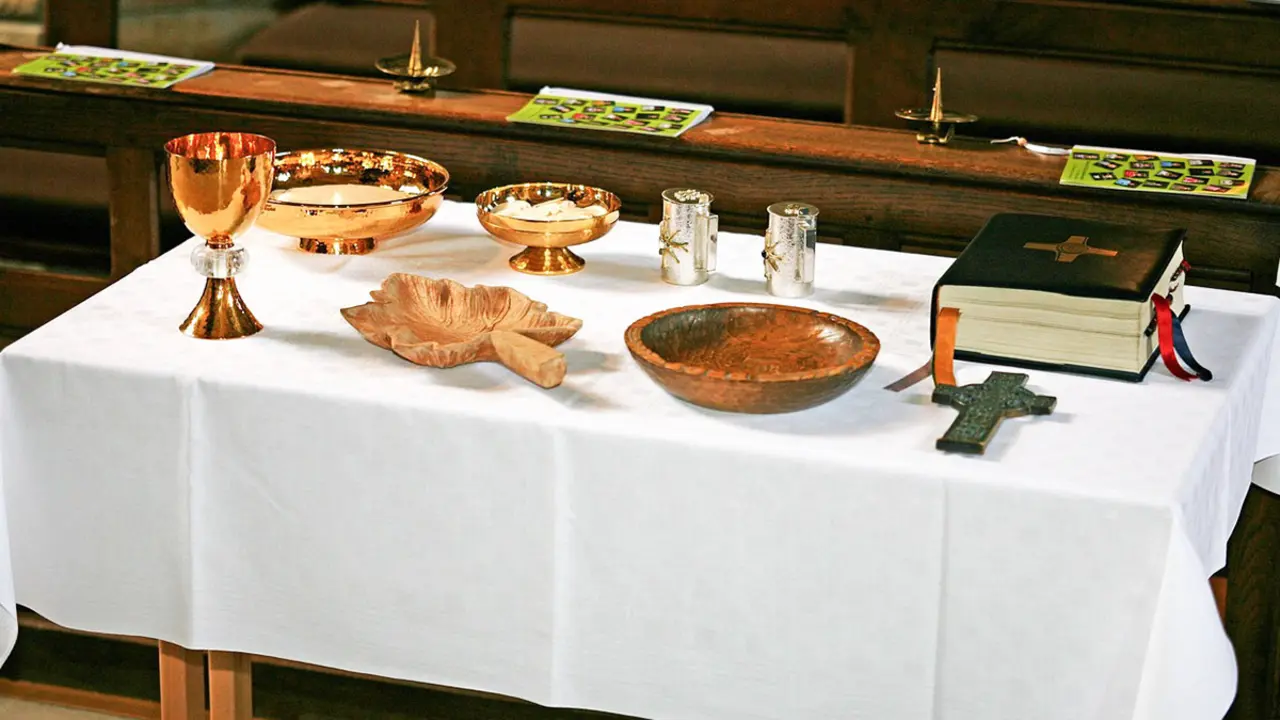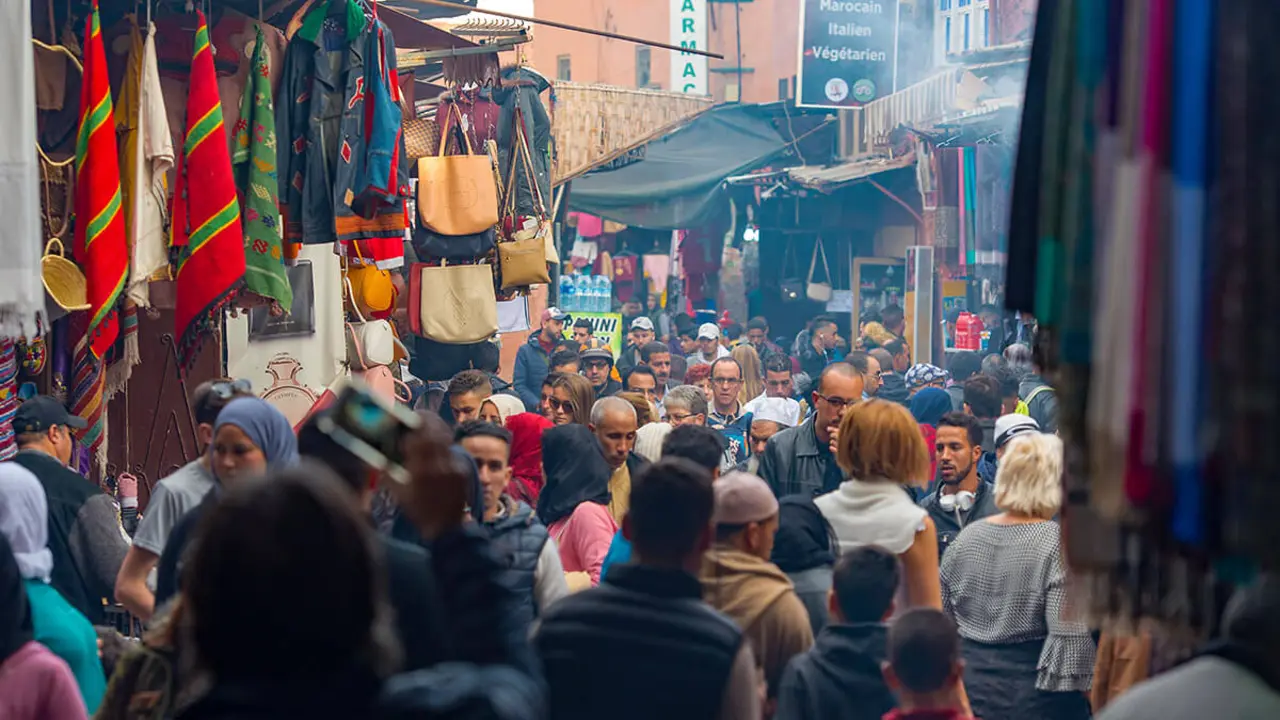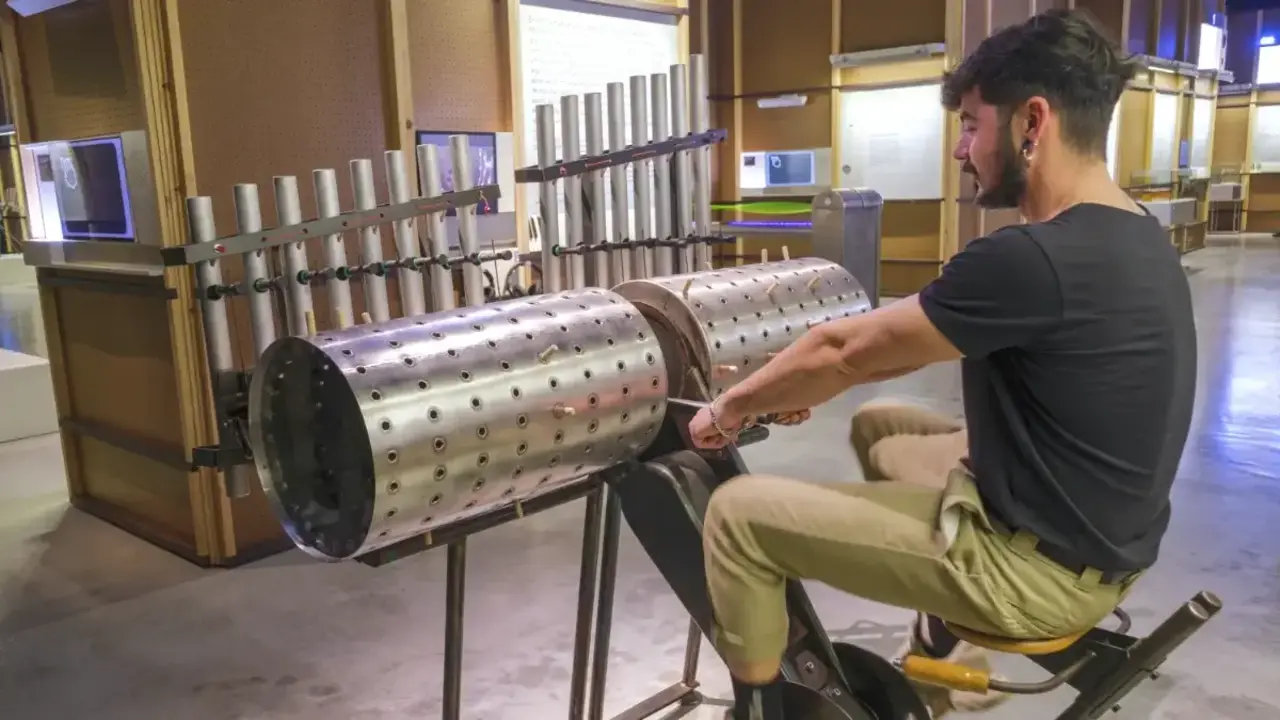From the utopian idea of Europe to the European Union as a world power

"Aldecoa's vision does not begin with the usual mythical tale of the abduction of the Phoenician princess on the back of Zeus' bull. It starts with the debate in Renaissance Europe, with the humanists, advisors to emperors and kings (...). This story breaks with the usual refrain of the Europe of the merchants as the basis of the European project and gives it its full dimension and historical perspective", says Enrique Barón Crespo in the foreword to Francisco Aldecoa's latest book "The European Union".
On 1 July, Spain will take over the Presidency of the Council of the European Union, shortly before the European Parliament elections to be held in May next year. This is a major event, during which numerous activities will be organised in our country to bring Europe and its commitments closer to Spanish citizens, some of the most pro-European in the Union as a whole.
But despite the almost unanimous sympathy that the institution arouses in our country, most of the population is unaware of the path that has led us to the European Union of which we are citizens. Francisco Aldecoa, Jean Monnet professor, has decided to remedy this lacuna with the publication of the book "The European Union" (Shackleton Books), written in collaboration with the researcher Eduardo García Cancela.

In the book, which arrives in bookshops on 8 May, the authors guide us through the history of the European project, from the embryonic utopias discussed in the great intellectual salons to the response to the challenge posed by the war in Ukraine. Focusing on the main milestones along the way, such as the creation of the first "Little Europe" after the Second World War, the fall of the Berlin Wall and the signing of the Maastricht Treaty, this book tells us how Europe has gone from being - in the words of Jacques Delors - a "passive subject" in international society to an increasingly decisive player in world politics. A project of unity that has become, with all its limits, a global, normative and diplomatic actor indispensable for world peace and stability, prosperity and sustainable development, and which has shown remarkable resilience in the face of the enormous challenges of the last decade (the pandemic, Brexit and the war in Ukraine).
The book is intended as a vindication of a unique experience in history, in which, for the first time, a group of states, voluntarily, without using force, came together to create a political organisation above them, sharing sovereignty.
Francisco Aldecoa has been a professor of International Relations for more than thirty-three years, and has contributed to the political process of building Europe as a member of organised civil society. Since the late 1970s he has been an active member of the Spanish Federal Council of the European Movement (CFEME), which he currently chairs. He has been secretary general of the Basque Council of the European Movement and a member of the Executive Committee of the CFEME, becoming president. Since 2020 he has been a member of the board of the MEI (International European Movement) and also a member of the Federal Council of the UEF (Union of European Federalists). In April 2021 he was appointed by the Spanish Government as representative of Spanish civil society at the Conference on the Future of Europe (CoFoE).
Eduardo García Cancela is a research trainee and PhD student in International Relations at the Complutense University of Madrid. He obtained a Master's degree in Interdisciplinary European Studies from the College of Europe, with a scholarship from the Spanish Ministry of Foreign Affairs and Cooperation-AECID. He has been a beneficiary of the Europaeum Scholars programme and is linked to the Spanish Federal Council of the European Movement since 2019.

